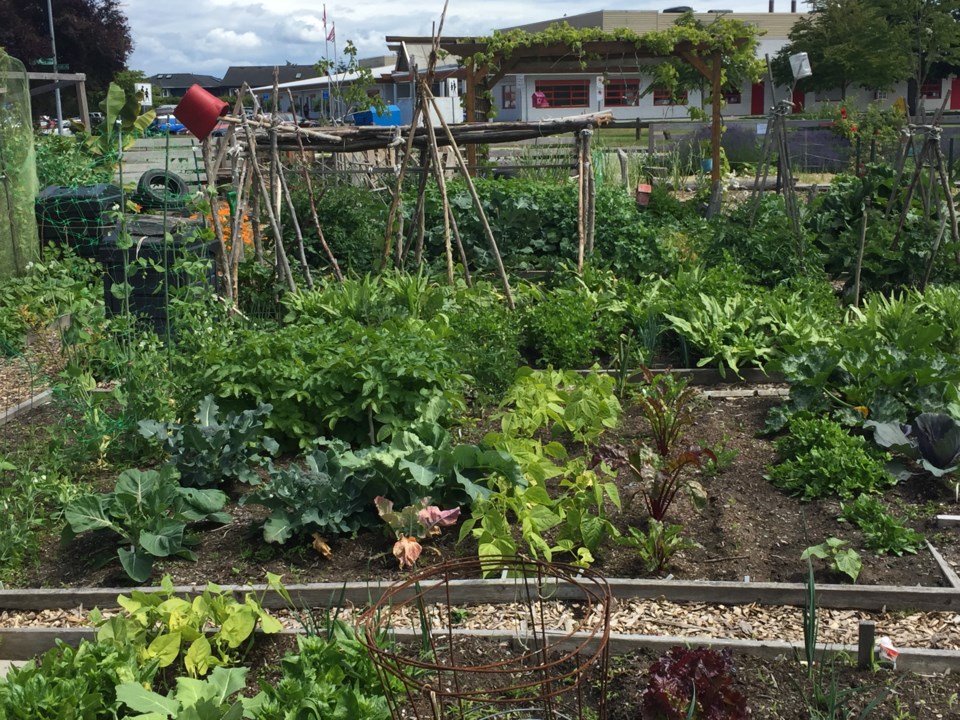Plans to make Richmond community gardens more accessible are being brought to the table by a local non-profit.
Urban Bounty, previously known as Richmond Food Security Society, is working with the City of Richmond to increase accessibility at local community gardens in order to make them more inclusive for those with mobility challenges or disabilities.
Wider paths, concrete floors instead of wood chips, signs with braille, table top plots and raised plots are on the list of features being discussed, according to Grace Augustinowicz, urban agriculture programs manager at Urban Bounty.
“The more inclusive the gardens are, the more welcoming it is for the community,” said Augustinowicz, adding that the gardens are safe places where people of different “cultural backgrounds, ages and abilities come together.”
Urban Bounty is also asking for the public’s opinion through a survey on what they think would make the plots more accessible.
“We want to make sure we are reaching the broader community that need the accessibility.”
While the non-profit aims to have the new accessible features put in place for the 200 new community garden plots coming to Garden City Lands – estimated to be completed by next spring – Augustinowicz conceded that timing may not work.
“Right now we are doing all the leg work and research to put together a system for all the community gardens. If the timing doesn’t work for the community gardens at Garden City Lands, we will definitely have them put in place for the upcoming year with future garden extensions in 2022.”
There is an extensive waitlist for garden plots in Richmond, Augustinowicz told the Richmond News. Currently, more than 680 people are waiting to secure a community garden plot.
The high demand is helping motivate the non-profit to bring the new garden features to the community, she added.
“Moving forward, it would be great to continue growing our knowledge and capacity to accommodate the needs of the people with mobility challenges or disabilities, and to solidify these practices so the public can go to these gardens and become better gardeners.”



